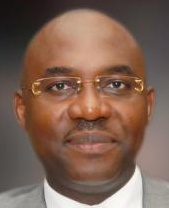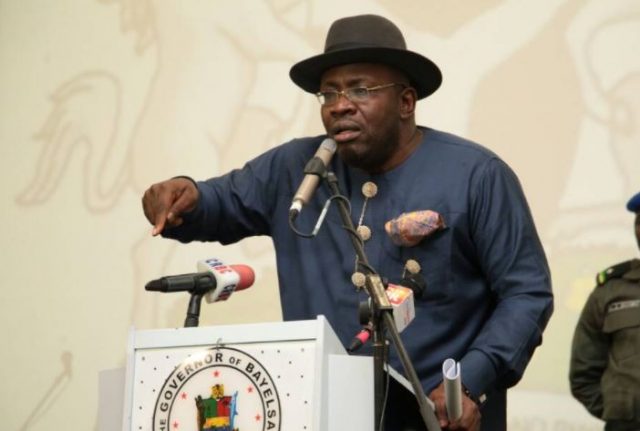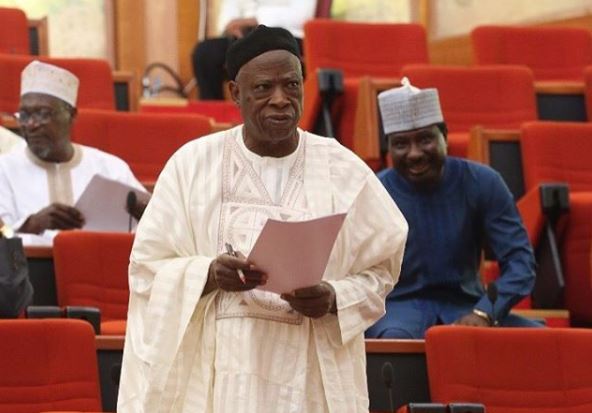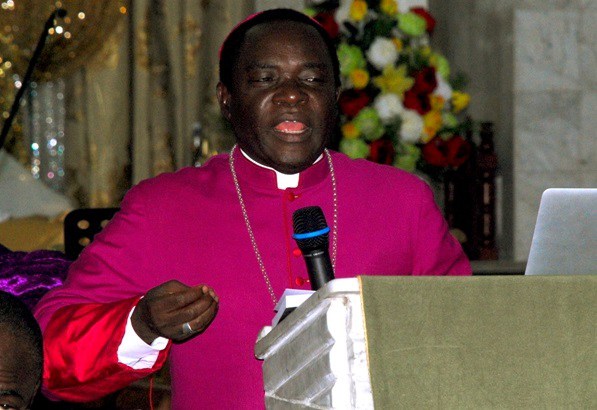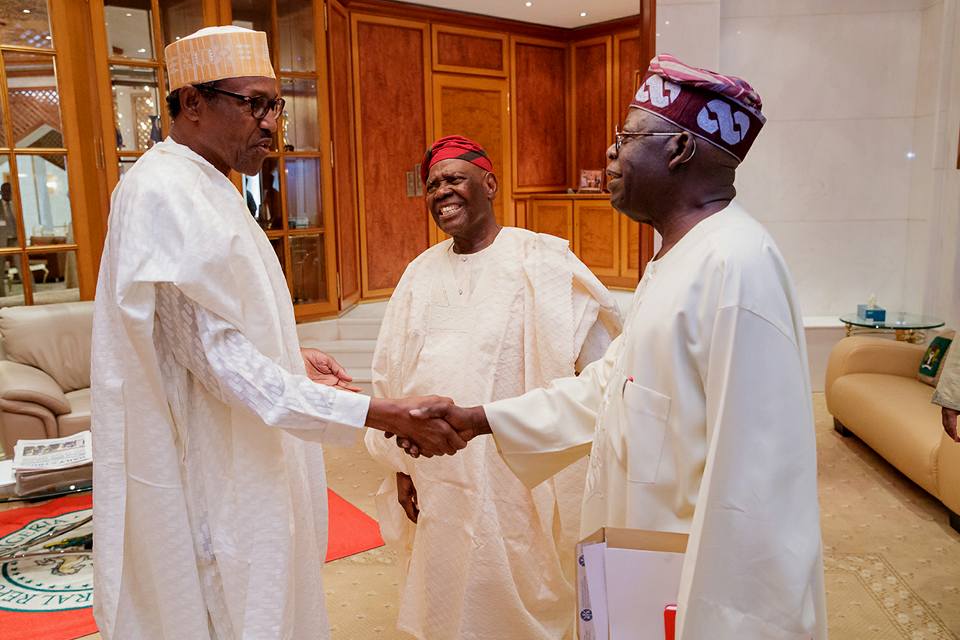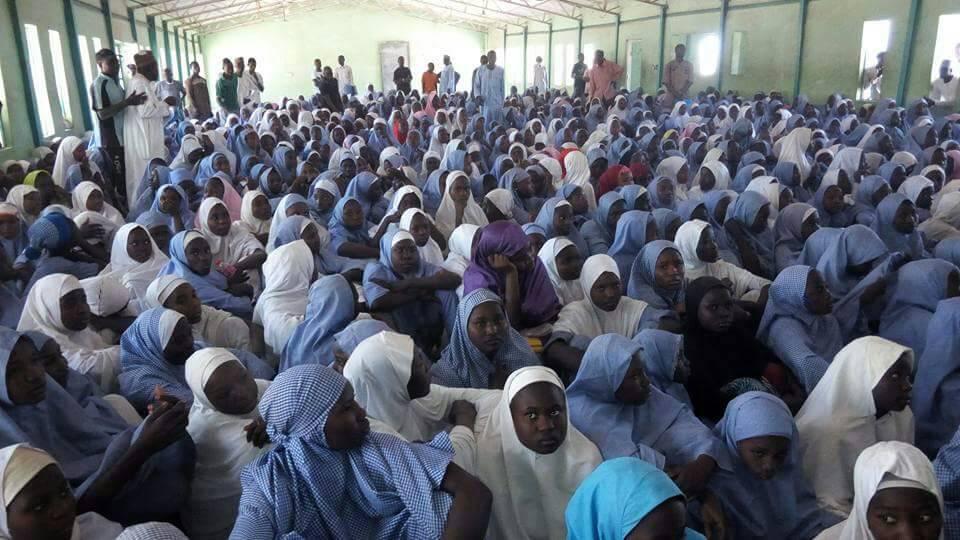The debate on the corrosive impact of social media is certainly not about to end. It continued last week in the little aquatic city of Yenagoa at a colloquium hosted by the Bayelsa State Government as part of activities marking the sixth anniversary of the Seriake Dickson administration.
The theme was: Managing Government Information In This Volatile New Media Age – A Matter Of Theory Or A Question Of Practice?
This writer joined a panel of three former Information ministers namely Professor Jerry Gana, Labaran Maku (also one-time Deputy Governor of Nasarawa State) and John Odey and social media influencer, Oche Elias, as discussants with Freeston Akpor as moderator.
To begin with, by settling for such an explosive but nonetheless germane topic, Dickson and his people deserve commendation for courage.
You don’t frame such hypothesis for public discussion without expecting to be told uncomfortable truths. No less symbolic was that this conversation was taking place as the first official “transaction” in the newly built Information House in Yenagoa. With such rite as “opening ceremony”, it would seem a new template has been set for civic interrogation – if not intrusion – of government business henceforth.
Of course, after a robust conversation spiced with personal anecdotes by the panelists from their diverse hands-on experiences, the consensus was that even as it sometimes becomes a source of irritation and easily lending itself to blackmail, social media has nonetheless redrawn the schema of public discourse substantially, forcing the democratization of information in a manner no government or its spokesperson will find convenient.
Advertisement
The obligation therefore imposed on government today is to be open and accountable. Given that the perception of the average citizen is that all that transpires in public office is probably not more than “chopping”, those in public office should learn to comport and conduct themselves in a manner that not only inspires confidence but also retains public trust.
Gone, it must be realized, are the days when negative stories could be “killed”. Be assured that there is a sniper somewhere, often tipped off by a disgruntled insider, more than willing to pull the trigger to the cyberspace with the mouse of a laptop or button of a smart phone.
Indeed, at a time of political promiscuity when actors are hardly distinguishable anymore than their social values can be discerned, social media has become the new opposition. The situation is not helped by countless pirates on the prowl peddling fake news. To drown them, the official voice must seek to be distinct by the civility of tongue and the fidelity to facts.
So, the smart information manager will be the first to leverage the various platforms offered by social media to engage the public intelligibly thereby subtly dictating the narrative and determining the plots. Hoarding information only creates ample space for rumour-mongering.
Advertisement
Apart from content, the process also counts. Public communication must be worded concisely. At emergency, chances should never be taken. Information must be updated constantly. Moreover, the information managers must keep an eye on the ball. Self-promotion, let it be said, is different from public communication. It manifests when the supposed spokesperson is more obsessed with photo ops. With hard-core professionals like Daniel Iworiso-Markson and Francis Agbo around, the governor should not have any difficulty.
Dickson’s avowed commitment to openness aside, visiting OBJ would list peace and stability among feats achieved by the administration in the past six years. One cannot agree more. Anyone familiar with its tumultuous past cannot but salute the new air of tranquility, undoubtedly the first critical resource for any sustainable development.
The lust for a share of the oil money had always fueled vicious elite rivalry, weaponizing the scramble for territory. Idle youths were thus easily recruited.
But Bayelsa of today is no longer the pronoun for youth militancy or cult violence involving state actors once symptomatic of overarching climate of official intolerance. In fact, that folks like yours sincerely could now even contemplate honoring invitation from Yenagoa at all is quite illustrative of how times have really changed. That would have been quite suicidal at a time. So much that “blackmarket” arrest warrant had to be procured once against this writer as Managing Director/Editor-in-Chief of National Life newspapers alongside the Abuja Bureau Chief (Akin Orimolade) for publishing a lead story the then governor did not find amusing.
Akin was more or less abducted on Abuja highway in a gestapo fashion, flown to Yenagoa and locked up in a dungeon.
Advertisement
Of course, while the melodrama lasted amid a national uproar, we refused to be intimidated, eager to remind those now intoxicated by transient power that we had survived a more deranged Abacha without flinching. After days of stand-off between us and the state authorities, common-sense eventually prevailed. Akin was released without us recanting our report, the facts of which we were dead sure of.
Today, Dickson’s footprints are equally visible in the health sector. An audacious Comprehensive Health Insurance Scheme floated late last year now covers 66,000 residents. What that simply translates to is that once registered with as little as N5,000, a subscriber enjoys comprehensive healthcare including treatment for serious ailments like cancer.
To deliver on this promise, solid institutional frameworks have been laid. They include a state-of-the-art Diagnostic Centre (commissioned by OBJ last week). There is also a Drug Centre strategically located in Yenagoa acting as the clearing house for all medicines sold and consumed across the state. Each of all the big-time pharmaceutical companies maintains an office there. The idea was sold to the governor by the late NAFDAC Amazon, Dora Akunyili. The goal: complete eradication of the menace of fake drugs in the state and disruption of the flow of hard drugs to the communities.
But, in my view, the most far-reaching is the gain in the education sector. Apparently humbled by the negative profiling of Bayelsa over the years as the hotbed of militancy with denizens characterized as being condemned to lumpen existence and therefore easy conscripts for mischief, Dickson would seem to have realized from the outset that one single most powerful weapon to change the story was education.
Six years on, emerging statistics clearly show tens of billions pumped into aggressive education reforms is paying off. Impressive showing in national examinations lately has, in fact, led to the state being formally declassified as educationally disadvantaged.
For instance, from the shameful 25th position in WAEC’s performance chart in 2012, Bayelsa had improved spectacularly to the 5th position by 2017. With my own experience as Information Commissioner under Comrade Adams Oshiomhole and his unique “red roof revolution” unleashed in Edo State, I can attest such transformation is always hard-earned.
Advertisement
As they say, such is never a “sexy” project materializing quickly in fancy edifice. Rather, the outcome is intangible and entails clear thinking and pain-staking follow-up.
To achieve such quantum leap in the WAEC chart, Dickson could not have stopped at merely fashioning a fancy blueprint, but going further to bring greater vigour into enforcing the reforms. Incentives had to be created for the kids to shun vices in the creeks and stay in the classrooms.
Advertisement
Boarding system has been brought back in Bayelsa secondary schools. Free tuition, feeding and accommodation are part of the motivation to ensure that no less than 10,000 students are now boarders. Additionally, model secondary schools have been constructed in all the councils. The flagship being the Ijaw National Academy in Kaiama reserved for the best and the brightest students across the state shortlisted based on their academic performance.
At the primary level, over 600 schools have been constructed with functional facilities across the eight councils equipped with teachers’ quarters.
Advertisement
For higher education, a generous scholarship scheme has ensured that no fewer than 140 Bayelsa indigenes have been exposed to various PhD programmes and 400 in Master’s degree in various courses in universities in the United States and Europe. Indeed, with the dizzying pace technology is now advancing, the most secure asset a nation can possibly bank on futuristically is no longer mineral resource but the human capital. How illusory therefore for those still thinking tomorrow is secured with receipts from oil (which technology has since proved is not an inexhaustible resource anyway).
By devoting more resources to developing Bayelsa’s own human capital, Dickson is undoubtedly already helping to equip Ijaw children for the future.
Advertisement
Views expressed by contributors are strictly personal and not of TheCable.
Add a comment
